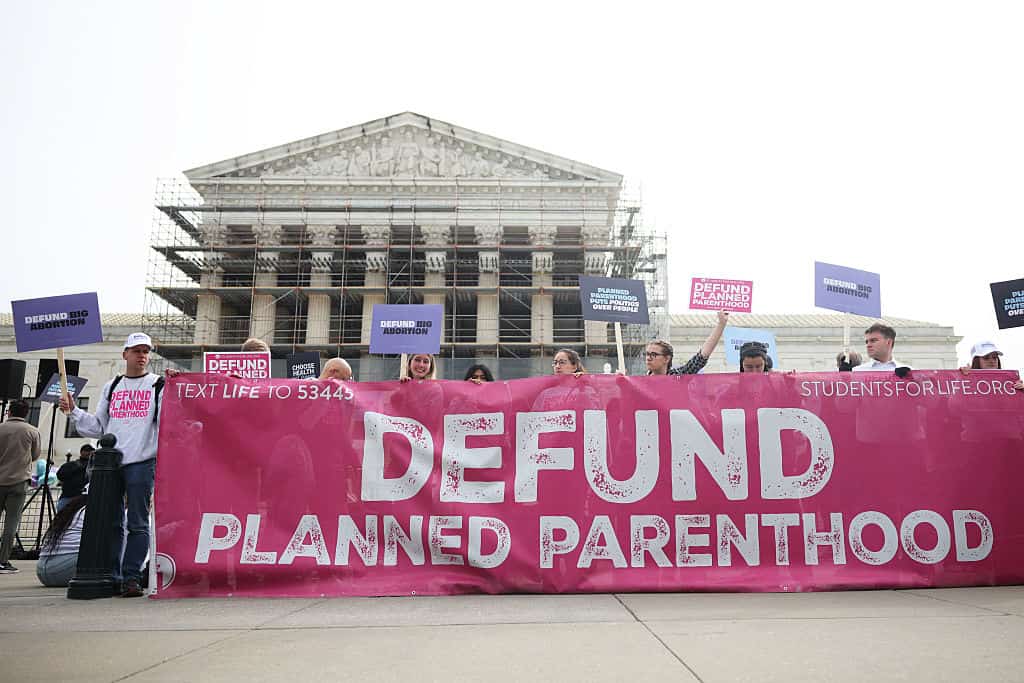Federal Judge Declares Obamacare Unconstitutional – What You Need to Know

Yes, it’s true: A federal judge has declared Obamacare unconstitutional.
The eight-year old law, affecting one-sixth of the nation’s economy, was seemingly here to stay, despite soaring premiums, people losing their favorite doctors and health plans, failures of state exchanges, and the specter of big government deciding what health care we can receive.
Not to mention the political battle lines that were drawn when the law was passed without a single Republican vote. Congressional elections were won and lost over it. Then attempts to repeal and replace it in Congress failed. Now polls show rising support for it in some quarters. It’s been a confusing time.
And now, seemingly out of the blue, a federal judge has struck it down?
This decision raises a few questions. Here’s what you need to know.
When and how did this happen?
On December 14, Texas federal district court Judge Reed O’Connor, in a case brought by a number of conservative states against the federal government, rendered a decision which addressed two questions:
- Is the “individual mandate” – which required people to purchase health insurance or pay a sum of money to the IRS – still a “tax” if Congress amended the dollar amount in 2017 to be zero? (Remember that the Supreme Court famously saved Obamacare in 2012 by calling it a “tax.”) Judge O’Connor answered this question “no,” thus rendering the mandate unconstitutional because no other Constitutional power of Congress justifies ordering citizens to purchase a commodity they otherwise wouldn’t.
- If the individual mandate provision in Obamacare is unconstitutional, does that render the entire law unconstitutional? O’Connor again ruled in the affirmative. This gets into a very technical argument over the concept of “severability,” and whether the entire Obamacare law falls when the individual mandate does. This part of O’Connor’s ruling is already hotly disputed by legal commentators, even by those of a more conservative bent.
Does this mean that my health insurance policy is now void and that my family is uninsured?
Absolutely not. The judge did not issue any orders blocking enforcement of Obamacare; he simply issued a “declaratory judgment” that sets the framework for higher courts to take a look at this. In the next two or three years of appellate court arguments and decisions, Congress as well as the states have the time to address the issues that people are concerned about, e.g., pre-existing conditions, child coverage until age 26, etc.
The bottom line? Not much will change in the short term.
What happens if this decision is upheld on appeal?
There are avenues for Congress to legislate on various aspects of health care under its Constitutional authority to regulate interstate commerce (Art. I, Section 8, Clause 3). It already regulates the insurance and medical industries to a certain extent. States also have a role in setting standards for insurance policies offered within their jurisdictions. But this decision, if upheld, would mean Congress won’t be able to “force” people to purchase a commodity like insurance. The Supreme Court in its 2012 decision of National Federation of Independent Business v. Sebelius declared that Congress does not have such authority, even while upholding Obamacare as a “tax.”
Will health insurance cost more or less because of this decision?
It’s too soon to even speculate. Inevitably political and legislative decisions going forward will drive the economic realities behind insurance costs. For example, if citizens of state X favor covering people with pre-existing conditions with no waiting period, state legislatures may prescribe that type of coverage. But such legislative actions drive up the cost of insurance, which taxpayers and legislators will have to address.
What happens next?
Judge O’Connor’s decision will be appealed first to the Fifth U.S. Circuit Court of Appeals in New Orleans. Depending on what happens there, it could go back to Judge O’Connor or to the U.S. Supreme Court. The process will take a couple years to play out. Congress and state legislatures can use the time and the uncertainty over Obamacare’s future to pass commonsense laws that promote free market solutions for healthcare while reducing government interference.
ABOUT THE AUTHOR

Bruce Hausknecht, J.D., is an attorney who serves as Focus on the Family’s judicial analyst. He is responsible for research and analysis of legal and judicial issues related to Christians and the institution of the family, including First Amendment freedom of religion and free speech issues, judicial activism, marriage, homosexuality and pro-life matters. He also tracks legislation and laws affecting these issues. Prior to joining Focus in 2004, Hausknecht practiced law for 17 years in construction litigation and as an associate general counsel for a large ministry in Virginia. He was also an associate pastor at a church in Colorado Springs for seven years, primarily in worship music ministry. Hausknecht has provided legal analysis and commentary for top media outlets including CNN, ABC News, NBC News, CBS Radio, The New York Times, the Chicago Tribune, The Washington Post, The Washington Times, the Associated Press, the Los Angeles Times, The Wall Street Journal, the Boston Globe and BBC radio. He’s also a regular contributor to The Daily Citizen. He earned a bachelor’s degree in history from the University of Illinois and his J.D. from Northwestern University School of Law. Hausknecht has been married since 1981 and has three adult children, as well as three adorable grandkids. In his free time, Hausknecht loves getting creative with his camera and capturing stunning photographs of his adopted state of Colorado.
Related Posts

Education Department Celebrates National School Choice Week
January 30, 2026

New York Ends Fight to Force Nuns to Pay for Abortions
January 27, 2026


